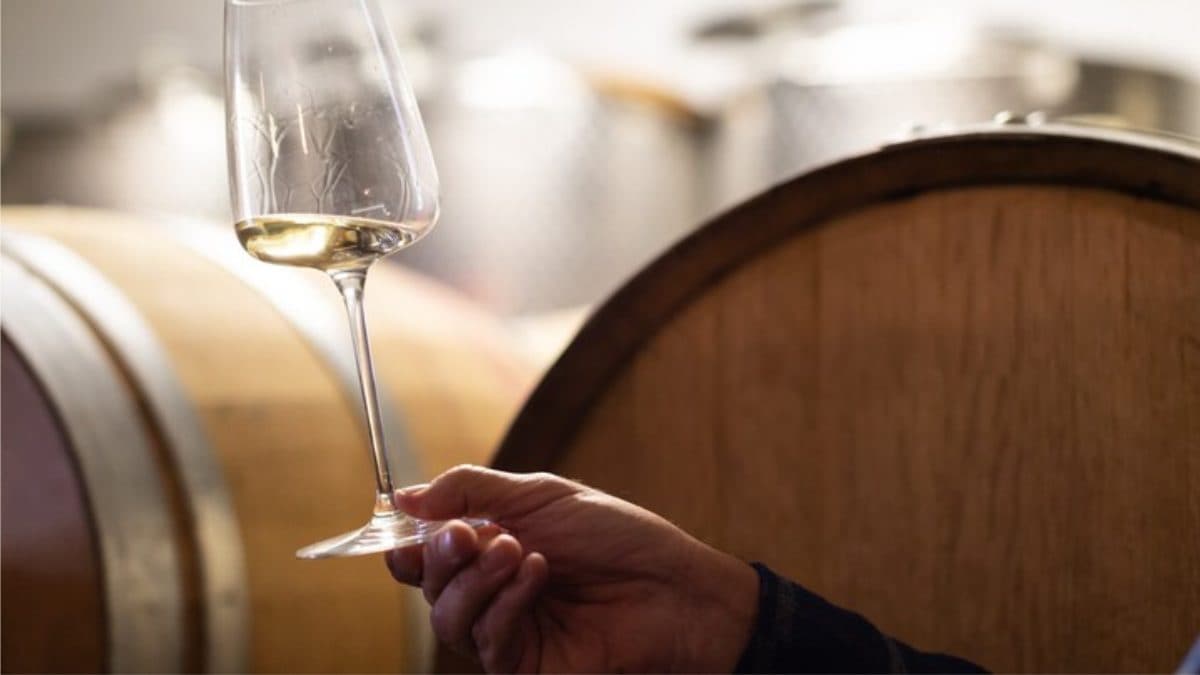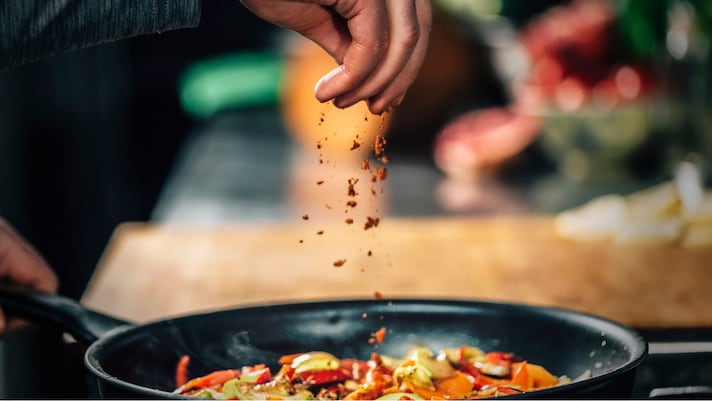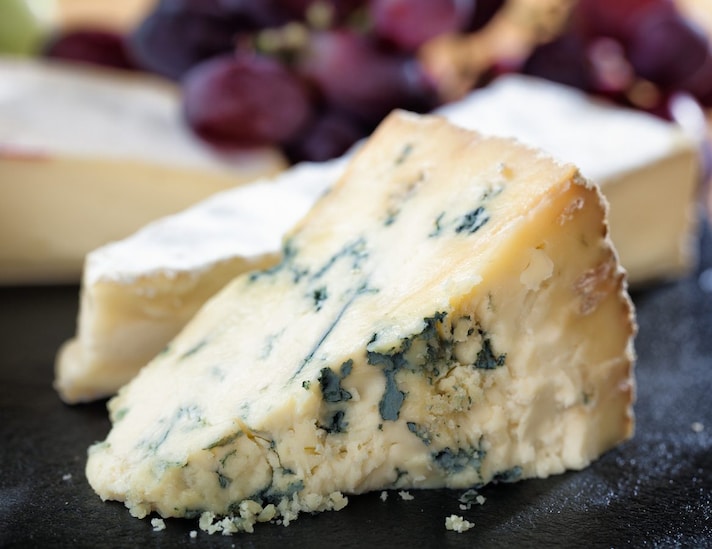
White wine, with its crisp acidity and refreshing flavors, is a popular choice for pairing with meals. But did you know that not every dish is a good match for this delicate drink? Some foods simply don’t complement the bright, refreshing nature of white wine. Here’s what you should never pair with your glass of white.
1. Spicy Foods

While white wine’s acidity can work well with many dishes, spicy foods, like those found in Indian, Thai, or Mexican cuisines, can make wine taste bland or overly sharp. The heat from the spices often overwhelms the wine’s subtle flavors, and the alcohol can intensify the burning sensation in your mouth.
Better Pairing
For spice-heavy dishes, try a slightly off-dry wine like Riesling or a fruity red. These wines balance heat with a touch of sweetness, creating a much more harmonious pairing.
2. Rich, Fatty Meats (Like Duck or Pork Belly)

White wines, particularly the light and crisp varieties, tend to lack the tannins and body needed to complement fatty meats. The richness of duck or pork belly doesn’t mesh well with the acidity of white wine, leaving your mouth feeling overly dry or the wine tasting flat.
Better Pairing
A fuller-bodied red wine like Cabernet Sauvignon or Zinfandel works better with fatty meats, as its tannins help cut through the richness and enhance the overall flavor.
3. Tomato-Based Sauces

Both white wine and tomato-based sauces are naturally acidic, which can cause them to clash when paired together. This acidity imbalance can make the wine taste sour or overly sharp, while the tomatoes may feel underwhelming.
Better Pairing
Try pairing tomato dishes with a medium-bodied red like Chianti or Merlot. These reds have the right level of acidity to match tomatoes without overpowering the flavors.
4. Blue Cheese

Blue cheese, with its bold, pungent flavor, can easily overpower the delicate notes in white wine. The wine’s lightness doesn’t stand up to the strong flavor of the cheese, resulting in a combination that’s unbalanced and unpleasant.
Better Pairing
For blue cheese, go with a bold red wine like Port or a strong, full-bodied white like Chardonnay. These wines can hold their own against the powerful flavors of blue cheese.
The Big Takeaway
When pairing white wine, it’s crucial to consider both the acidity and the flavor profile of the dish. While it pairs beautifully with light, fresh foods like seafood and salads, some bold or rich dishes are better suited to red wines or other beverages that complement their intensity.
Avoid these four foods with white wine to ensure that both your meal and your drink shine. By matching the right wine to the right dish, you'll elevate both your food and wine experience.
;Resize,width=767;)
